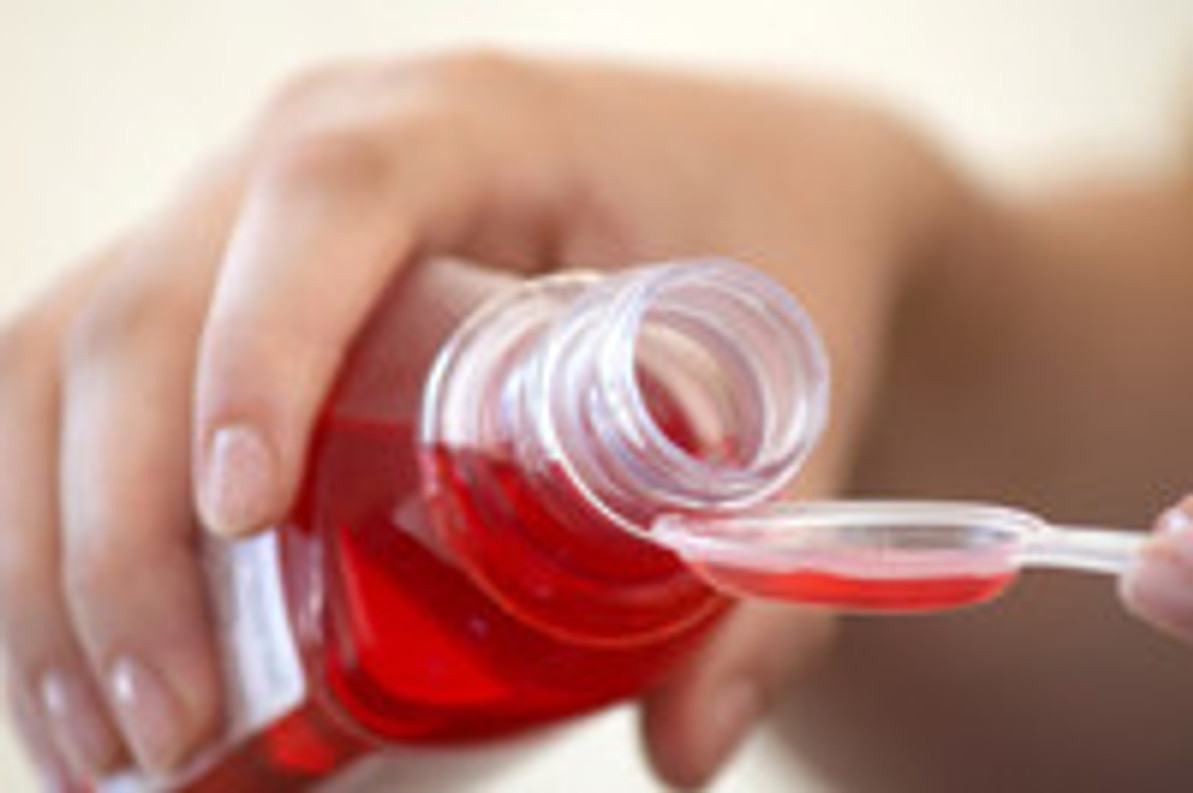Medical Experts Caution Against Spoonfuls of Medicine
Due to an increase in the number of accidental medicine overdoses in children, doctors and medical experts are cautioning parents not to use spoonful doses.
According to the American Association of Poison Control Centers, nearly 10,000 people contact the Poison Control hotlines each year claiming to have administered an incorrect dose of medicine. Nearly 3 of 4 of these calls involve children's medicine.
Why are so many parents giving their children the wrong dose of medicine? Medical experts believe it's confusing dosage instructions, which are often labeled in teaspoons, tablespoons, milliliters and milligrams. This creates confusion among parents and ultimately increases the risk of overdose.
A recent study published in the journal Pediatrics found that parents who measured medicine for their children using spoonfuls were 50% more likely to administer the wrong dose than parents who used milliliter measurements. For the study, researchers interviewed nearly 300 parents who'd given medicine to their children to treat various diseases and illnesses. Researchers were shocked to discover that 40% of parents had administered the wrong dose, and one of six parents admitted to using an imprecise form of measurement, such as spoon, rather than an accurate measuring cup.
"Parents may encounter different units of measurement as they’re being counseled by their doctor or pharmacist, and those units may be different from what they see on the prescription or bottle label. So there’s no wonder that they can be confused," said Dr. H. Shonna Yin, professor at the New York University School of Medicine.
Administering incorrect doses of medicine is dangerous, especially when it involves young children. Parents often see "tablespoon" or "teaspoon" on the label and assume it's roughly the same as a regular kitchen spoon. Unfortunately, this is rarely the case, as most kitchen spoons are not the equivalent of either a tablespoon or teaspoon. A parent may assume they are administering the correct dose of medicine to their child, but in reality the child could be receiving two or even three times the recommended dose.
Medical experts are now urging drug companies to adopt a universal milliliter system to measure doses. While the U.S. isn't exactly fond of the metric system, researchers say milliliter measurements result in the fewest cases of accidental overdoses. Whether or not drug companies will follow this advice, however, remains to be seen.
Do you think medicine companies should do away with teaspoon and tablespoon measurements? Let us know in the comments section below!
Recent Posts
-
Fire Safety in the Workplace: What You Need to Know
What steps are you taking to prevent fires in your workplace? According to the U.S. Occupational Saf …Aug 23rd 2023 -
Is It Safe to Go Jogging With a Cold Infection?
If you're suffering from a cold infection, you might be wondering whether it's safe to go jogging. T …Aug 22nd 2023 -
5 Safety Tips to Follow When Using a Powder-Actuated Tool
Powder-actuated tools are commonly used to join materials to steel and concrete. Also known as Hilti …Aug 20th 2023




